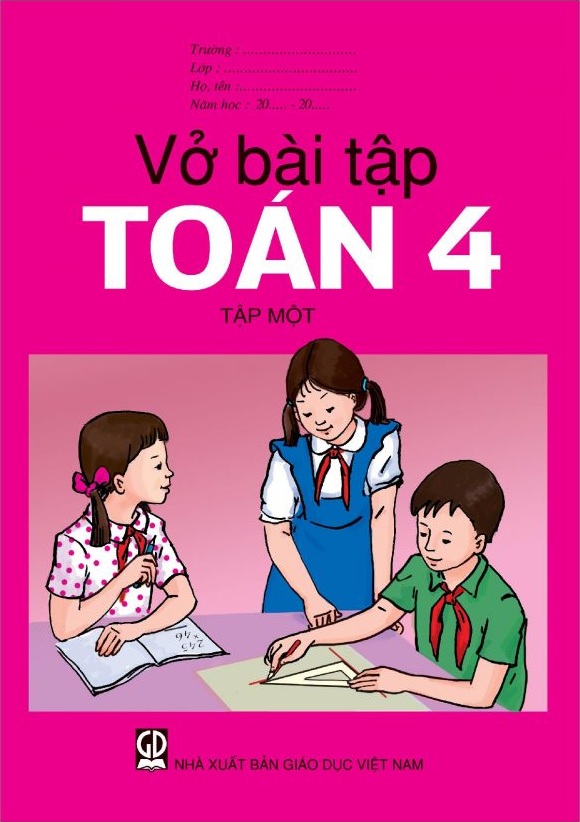(page 15)
I can identify the attitude and intention of a speaker.

1 SPEAKING Work in pairs. Look at the photo. What do you think this app does? Why might some people need it?
2 SPEAKING Read the text and check your answer to exercise 1. Do you think the app would increase or decrease the number of arguments in your family? Why?
 Tablets for dinner?
Tablets for dinner?
An evening meal for all the family was once part of everyday life in British homes, but this tradition has almost disappeared. Some people blame technology: children and teenagers are so addicted to their phones and tablets that they do not want to stop playing with them, even at mealtimes. This causes a lot of arguments in families. But now, parents can get a free app called DinnerTime, which locks their children's devices at certain times of the day and night. During those times, the children are unable to access messages, games, or the internet. In theory, this means that parents and children can spend more time together, eating and chatting. But will it lead to happier families or more family arguments?
3 VOCABULARY Work in pairs. Check the meaning of the adjectives below. Which describe a positive attitude? Which describe a negative attitude?
Attitude (adjectives)
accusing
aggressive
arrogant
bitter
calm
complimentary
enthusiastic
grateful
miserable
nostalgic
optimistic
pessimistic
sarcastic
sympathetic
urgent
Listening Strategy
Sometimes, the words alone do not fully express the speaker's intention. You need to pay attention to the tone of voice as well. For example, an urgent tone of voice suggests that the speaker is giving a warning.
4 🎧1.09 Read the Listening Strategy. Then listen and underline the adjective which best matches the speaker's attitude. Use their tone of voice to help you.
1 arrogant / pessimistic / confident
2 aggressive / miserable / sarcastic
3 calm / complimentary / optimistic
4 accusing / enthusiastic / sympathetic
5🎧1.10 SPEAKING Listen and compare two different ways of saying the sentences. Then, in pairs, say a sentence in one of the two ways. Can your partner guess the adjective?
1 'Thanks, Andy. That's really helpful. (first grateful, then sarcastic)
2 'Our train leaves in ten minutes.' (first calm, then urgent)
3 'You and your sister always argued during dinner.' (first nostalgic, then accusing)
6 🎧1.11 Work in pairs. Listen to four speakers and decide which speaker sounds:
a urgent
b calm
c enthusiastic
d arrogant
7 🎧1.11 Listen again. Match sentences A-E with speakers 1-4. Use the tone of voice to help you. There is one extra sentence.
A The speaker is giving advice about winning family arguments.
B We learn how a bad argument had a positive result for the speaker.
C The speaker is advertising a course for families who want to argue less.
D The speaker is persuading somebody to attend a family reunion.
E The speaker describes how a relative lost his job because of a family argument.
8 SPEAKING Work in pairs. Decide which of these topics is most likely to cause arguments in your family and why. Are there any others you can think of? Compare your ideas with the class.
Doing chores
Staying out late
Sharing a family computer
Too much time spent on social media and games
What to eat

























